Graham Reid | | 4 min read
I Could Have Danced All Night (from My Fair Lady)
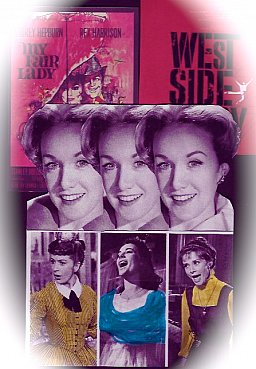
When the American singer Marni Nixon died in July 2016, her passing was barely noted in the music press. Major newspapers like the New York Times weighed in with obituaries, but the silence from the music press was deafening.
Maybe contemporary music writers didn't know who she was, and that would be the irony of her life . . .
Even though her music was enjoyed by many millions at the time – her peak period was in the early Sixties – most of those people who enjoyed her singing didn't know who she was either.
Nixon was often referred to as “the ghost singer” because it was her voice in three of the most popular film musicals of all time when she sang for Deborah Kerr in The King And I, Natalie Wood in West Side Story and, most famously, for Audrey Hepburn in My Fair Lady.
That latter role made for an uncomfortable moment not long after when Nixon met Julie Andrews on the set of The Sound of Music.
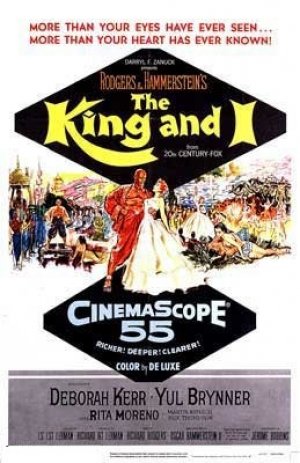 Andrews had been widely
expected to get the part of Eliza Doolittle in My Fair Lady – after
all, she'd owned it on Broadway for two spectacular years, eight shows
a week – but the studio went with the more familiar face of
Hepburn.
Andrews had been widely
expected to get the part of Eliza Doolittle in My Fair Lady – after
all, she'd owned it on Broadway for two spectacular years, eight shows
a week – but the studio went with the more familiar face of
Hepburn.
Andrews could sing and Hepburn couldn't (although she did her own Moon River in Breakfast at Tiffany's), so Nixon got the call to dub the singing.
When Nixon met Andrews on the set of The Sound of Music – Nixon had a small part as Sister Sophia singing Maria – she was nervous.
After all she'd sung the role in that film that Andrews had coveted and deserved.
But Andrews was not just gracious but gushing, telling Nixon that she just loved her voice.
(If Andrews has malicious bones, and her biographer Richard Stirling shows she doesn't, then she did get her own back later when she recorded the My Fair Lady songs to enormous success.)
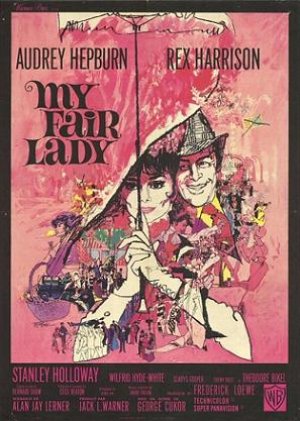 But Marni Nixon –
described by Time as “the ghostest with mostest” – lived most
of her life uncredited and largely unknown by the millions who had
loved her voice.
But Marni Nixon –
described by Time as “the ghostest with mostest” – lived most
of her life uncredited and largely unknown by the millions who had
loved her voice.
When you consider Nixon had sung in these three famous musicals – and done voices for many others in subsequent films, including the voice of the angel that Ingrid Bergman heard in Joan of Arc – you can understand why, when she died at 86, she should have been more acknowledged.
She was the voice that took popular songs like Getting to Know You (The King And I) and I Could Have Danced All Night (My Fair Lady) into homes all across the Western world.
The New York Time obit noted that Nixon received just a flat payment of $20 to sing on The King And I soundtrack album (Copies sold? Certainly hundreds of thousands at the very least) and that her contract was watertight and her lips menacingly sealed for her.
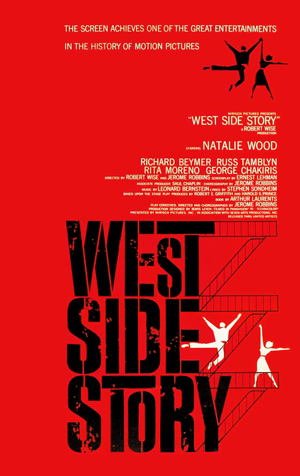 She told Nightline in
2007, “Twentieth Century Fox, when I did The King and I, threatened
me.
She told Nightline in
2007, “Twentieth Century Fox, when I did The King and I, threatened
me.
"They said, if anybody ever knows that you did any part of the dubbing for Deborah Kerr, we’ll see to it that you don’t work in town again.”
Early on she accepted her invisibility: “It was a better job than doing chorus work to subsidise my concert career, or doing jingles for commercials,” she told playbill.com in 2000.
“I just thought of it in terms of the challenge of really trying to make [my voice] sound exactly like Deborah Kerr.
"So I was very proud of my job.”
But after seeing the success of the My Fair Lady film in '65 (the year before she'd played the Eliza lead onstage in New York), her attitude changed.
“It was only after My Fair Lady that I really realised the value of what I had done, that I sang the lead. I thought, I should have done this myself. I started thinking, I don't want to do this again. This is not the right thing to do.”
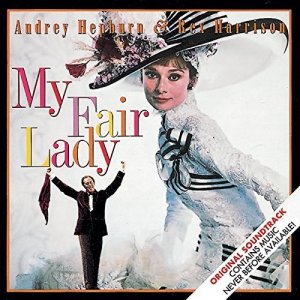 In her time as a dubbed-in
singer she also covered for Sophia Loren (Boy on a Dolphin), Janet
Leigh (Pepe), Marilyn Monroe (the high notes in Diamonds Are a Girl’s
Best Friend in Gentleman Prefer Blondes), Kerr again in An Affair to
Remember . . .
In her time as a dubbed-in
singer she also covered for Sophia Loren (Boy on a Dolphin), Janet
Leigh (Pepe), Marilyn Monroe (the high notes in Diamonds Are a Girl’s
Best Friend in Gentleman Prefer Blondes), Kerr again in An Affair to
Remember . . .
Classically trained, she made her stage debut in Carmina Burana in '47 when she was 17 and the following year her dubbing career started when she sang the voice of the angels that Bergman heard.
And then she became the voice behind the famous faces. In one instance more than one in the same movie, when she sang the Rita Moreno part on Tonight in West Side Story.
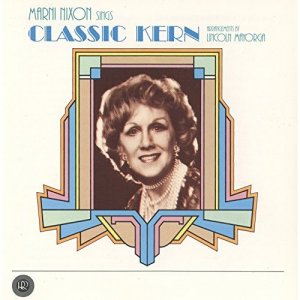 After that period she went
back into opera and the classical repertoire, she taught and did
cabaret and yes, even some further film work.
After that period she went
back into opera and the classical repertoire, she taught and did
cabaret and yes, even some further film work.
She was Grandmother Fa in Disney's '98 animated feature Mulan.
She had a remarkable life – incidentally her son Andrew Gold wrote the theme to The Golden Girls – but it was as what the Indian film industry call “a playback singer” that she made her . . .
Well, not her "name", obviously.
But she became the voices that were loved by millions and on LP records right throughout homes in the Sixties . . . and beyond.
And that's why we need to talk about Marni Nixon.
For other articles in the series of strange, sad or interesting characters in music, WE NEED TO TALK ABOUT . . . go here.

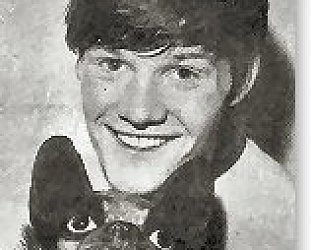



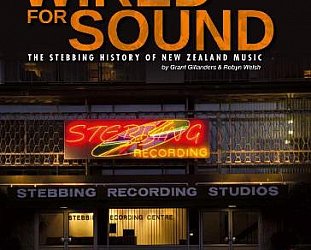
post a comment